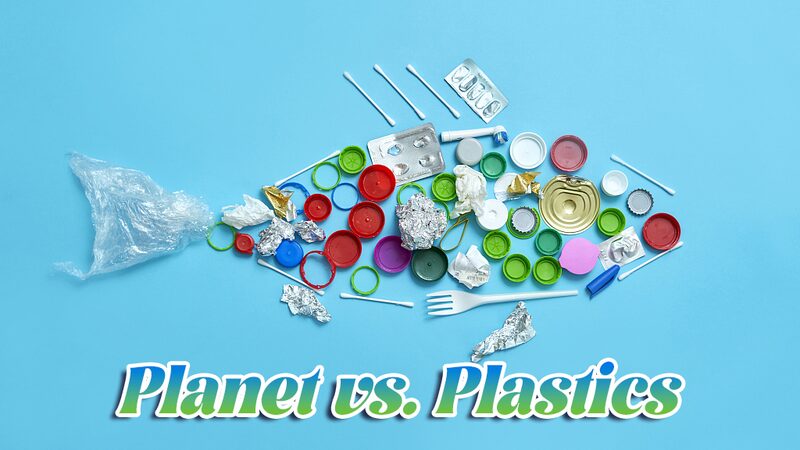Nations clashed again this week as UN-led negotiations to create a binding global plastic pollution treaty ended without consensus. Over 100 countries pushed for production limits on plastics, but oil-producing giants resisted, leaving talks in limbo. 🛑
The fifth round of UN talks in Busan, South Korea—meant to finalize the deal—collapsed after disagreements on core issues like capping plastic output and funding for developing nations. A revised draft treaty released Sunday remained riddled with unresolved options, prompting officials to delay key decisions to future meetings (dubbed INC-5.2).
🔍 \"It is clear that there is still persisting divergence,\" said UN Environment Program chief Inger Andersen. Rwanda’s Juliet Kabera added: \"A treaty that relies on voluntary measures would not be acceptable… It’s time to negotiate a treaty built to succeed.\"
The split mirrors recent COP29 climate tensions. Major polymer producers like Saudi Arabia, China, and the US faced criticism for opposing binding caps. Saudi delegate Abdulrahman Al Gwaiz argued some treaty proposals \"are not within the scope,\" while Panama’s coalition of 100+ nations fought for ambitious reduction targets.
Had a deal been struck, it could’ve rivaled the 2015 Paris Agreement in significance. Now, the world waits for INC-5.2—but with plastic waste tripling by 2060 if trends continue, the clock is ticking. ⏳
Reference(s):
cgtn.com



